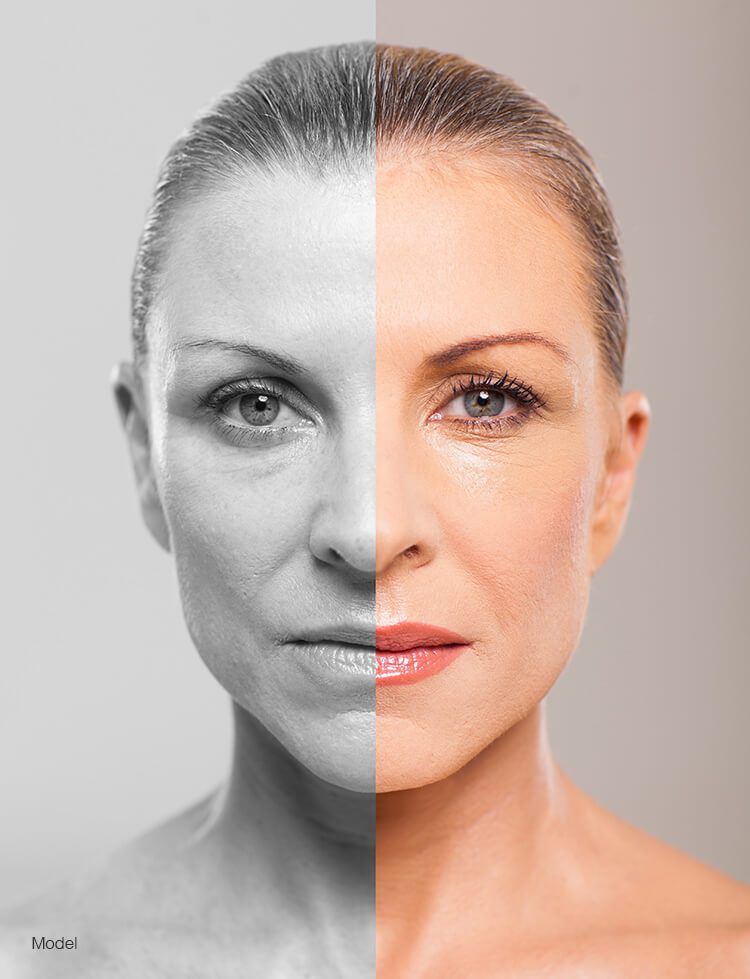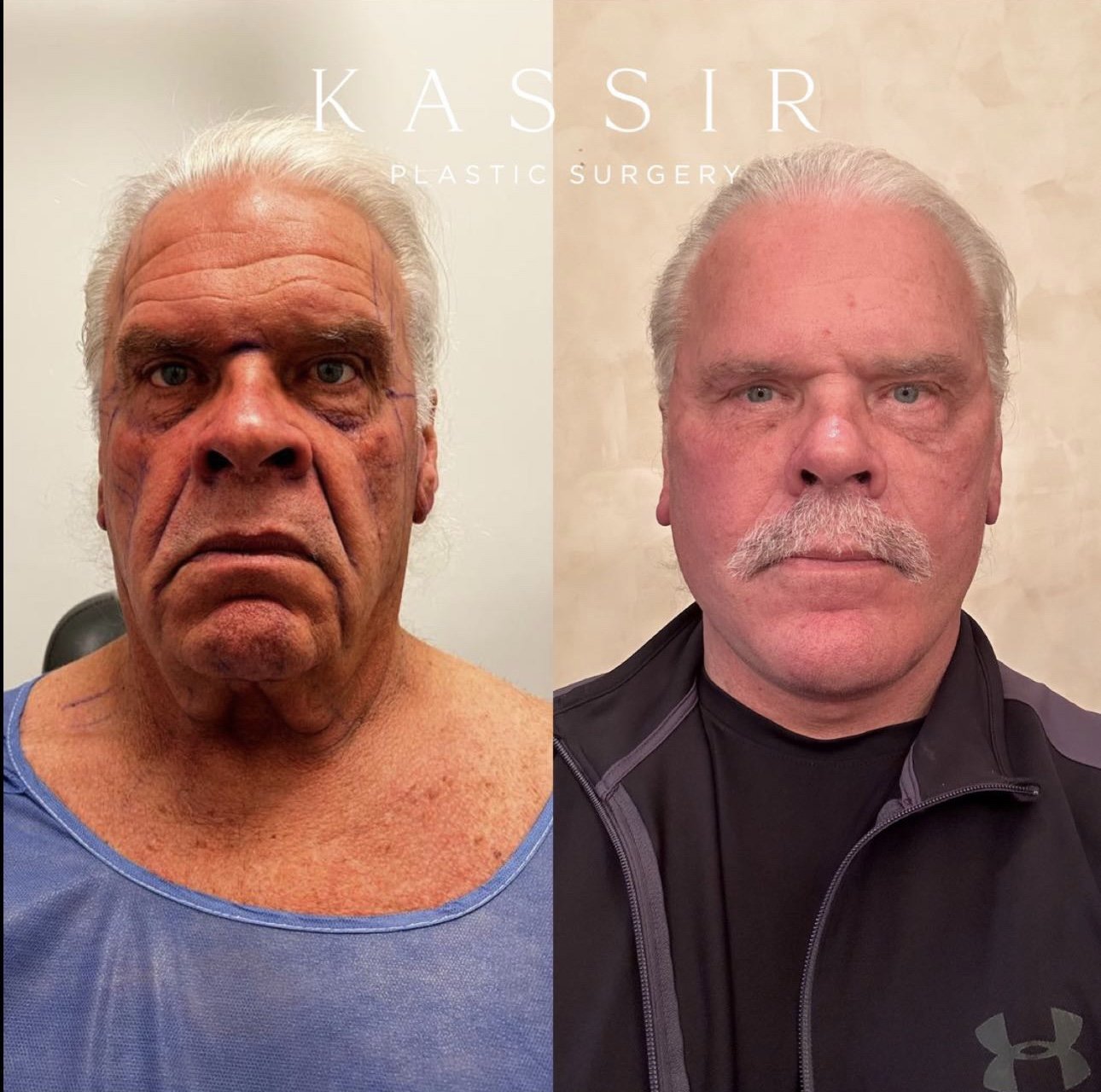Expert Plastic Surgery Rancho Cucamonga: Change Your Look with Top Surgeons
Wiki Article
Investigating the Mental and Social Aspects That Drive People to Consider Aesthetic Surgical Treatment as a Way of Renovation
The decision to go after plastic surgery usually extends beyond plain aesthetics, linking with social and psychological characteristics that merit complete exam. Factors such as self-confidence, pervasive societal charm standards, and the prevalent impact of social media sites assemble to form individual inspirations for surgical enhancement. As these impacts become progressively famous, recognizing the underlying cultural and emotional contexts is essential. What remains to be checked out is the profound influence these aspects have not only on personal identification but also on wider societal standards and worths bordering appeal and approval.The Role of Self-Esteem
Self-esteem dramatically influences a person's decision to go after cosmetic surgical treatment. Individuals with reduced self-esteem usually regard themselves in an unfavorable light, leading to sensations of inadequacy concerning their physical appearance.
Ultimately, the role of self-worth in the decision-making process relating to plastic surgery highlights the intricate interplay in between body image, personal fulfillment, and mental health. Comprehending this connection is crucial for health care experts to make certain that clients are making educated choices rooted in practical expectations and psychological health.
Social Beauty Standards
Influenced by pervasive media portrayals and cultural narratives, social appeal standards play a crucial role fit individuals' understandings of their own bodies. These standards are typically defined by an idealized form of charm that stresses attributes such as youthfulness, symmetry, and slimness. As these perfects are bolstered via different networks, including marketing, television, and film, people frequently internalize these messages, resulting in dissatisfaction with their all-natural appearance.The ramifications of these societal standards prolong beyond aesthetic choices; they can affect self-esteem, psychological health, and social connections. Individuals who view themselves as disappointing these criteria might experience feelings of insufficiency, triggering a desire for cosmetic surgical treatment as a way of attaining societal authorization. This pursuit is frequently sustained by the belief that adapting these ideals will certainly enhance not only physical appearance but additionally social standing and personal fulfillment.

Influence of Social Network
The impact of social charm criteria is further magnified by the rise of social media sites systems, where curated photos and idealized depictions of elegance are ubiquitous. Customers are regularly revealed to filtered and edited pictures, which typically show unattainable physical qualities. This exposure cultivates a society of contrast, leading individuals to assess their own look versus these often unrealistic benchmarks.
Social media influencers and stars frequently advertise aesthetic procedures, normalizing the notion that medical improvements are a sensible means for accomplishing social ideals (plastic surgery rancho cucamonga). The visibility of these improvements can create an assumption that undergoing plastic surgery is a conventional method, therefore influencing individuals to think about similar treatments as a path to boosted self-esteem and social acceptance
Additionally, the interactive nature of social media sites allows for immediate feedback with likes and comments, even more strengthening the wish to comply with prominent appeal criteria. Such communications can worsen sensations of insufficiency and drive people towards cosmetic surgery as a way of acquiring validation. Ultimately, social media plays a critical function fit perceptions of beauty, which substantially affects the decision-making processes surrounding cosmetic surgical treatment.

Social Viewpoints on Look
Throughout different societies, assumptions of look are deeply rooted in historical, social, and economic contexts, shaping people' sights on charm and value. In many cultures, appearance serves as a considerable marker of identity, influencing social condition, expert opportunities, and personal connections. For instance, in some cultures, light skin is typically related to riches and advantage, while others might idealize darker complexion as icons of strength and credibility.In addition, try this website standard appeal criteria are often bolstered with cultural narratives, media representations, and family members influences, causing differing ideals throughout different regions (plastic surgery rancho cucamonga). In Western cultures, the emphasis try this website on young people and fitness typically drives individuals towards aesthetic enhancement, while in certain Eastern cultures, even more subtle adjustments aligned with conventional aesthetics might be chosen
Globalization and the expansion of digital media have actually additionally made complex these dynamics, producing a hybridization of elegance perfects that transcends geographical limits. As individuals increasingly browse these social stories, the pressure to satisfy details appearance requirements can result in the desire for plastic surgery, reflecting a complicated interplay of social worths and personal aspirations. Recognizing these cultural viewpoints is necessary in dealing with the inspirations behind cosmetic surgical treatment factors to consider.
Psychological Influences of Plastic Surgery
Numerous individuals seeking plastic surgery record experiencing extensive psychological effects that can considerably alter their self-perception and psychological well-being - plastic surgery rancho cucamonga. The wish for physical enhancement usually stems from underlying issues such as low self-worth, body dysmorphic disorder, or social stress relating to elegance standards. For some, the immediate post-operative stage can bring about a short-lived boost in confidence and fulfillment with their appearance, cultivating a feeling of empowerment
Nonetheless, these favorable sensations may not be enduring. Research shows that while some people experience boosted self-worth, others might face heightened anxiety or depression if their assumptions are not satisfied. This discrepancy can emerge from impractical perfects continued by media representation and cultural narratives bordering appeal.
In addition, the mental ramifications of plastic surgery extend past the individual. Relationships with friends and family may be strained as social dynamics change, causing feelings of seclusion or alienation. Inevitably, the mental impacts of plastic surgery are diverse and intricate, calling for mindful consideration by both prospective people and doctor to make sure try this out informed decision-making and sensible expectations.
Final Thought
Finally, the choice to pursue plastic surgery is substantially influenced by a mix of self-esteem issues, social elegance standards, and social point of views on look. The pervasive reach of social media sites even more exacerbates these pressures, advertising unrealistic suitables that people commonly strive to attain. Comprehending these social and psychological aspects is vital for addressing the motivations behind plastic surgery, highlighting the requirement for a more nuanced conversation surrounding appeal and self-acceptance in modern society.The decision to pursue cosmetic surgical treatment usually prolongs past simple aesthetic appeals, linking with social and psychological dynamics that merit extensive exam. Ultimately, social media plays a critical role in forming assumptions of elegance, which substantially influences the decision-making procedures bordering cosmetic surgical treatment.
As people increasingly navigate these cultural stories, the stress to conform to particular appearance standards can lead to the desire for cosmetic surgery, reflecting a complex interaction of individual goals and social worths.In final thought, the decision to seek cosmetic surgery is considerably influenced by a mix of self-confidence concerns, societal charm standards, and social perspectives on look. Comprehending these mental and social variables is vital for dealing with the motivations behind cosmetic surgical procedure, highlighting the demand for a much more nuanced conversation bordering beauty and self-acceptance in modern society.
Report this wiki page